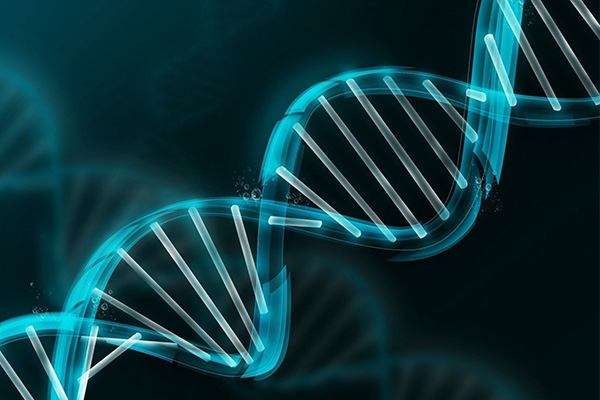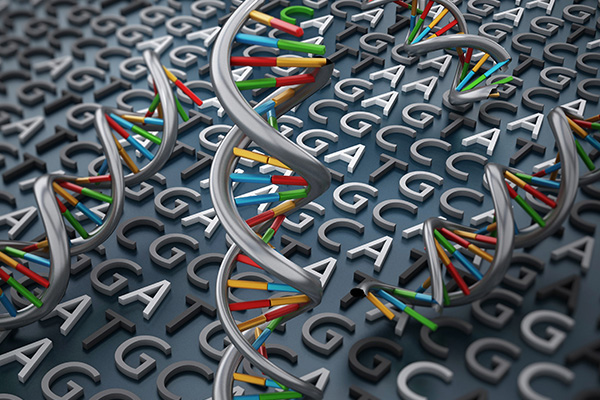





“In child neurology, there is a large number of kids who have neurodevelopmental disorders that we are not able to diagnose quickly. For many of these kids there is a long diagnostic odyssey that is a really difficult journey for patients and their families to go through before we reach that moment where we can provide a definitive reason, or condition, that explains why they are experiencing these developmental differences. And in fact, having something tangible like a disease name or label, is really important for these families. EpiSign is an additional tool that allows us to look past the patient’s genome, to their epigenome, and narrow down the genetic cause of their condition. This can help shorten the diagnostic odyssey for many patients.”
– Dr. Craig Campbell